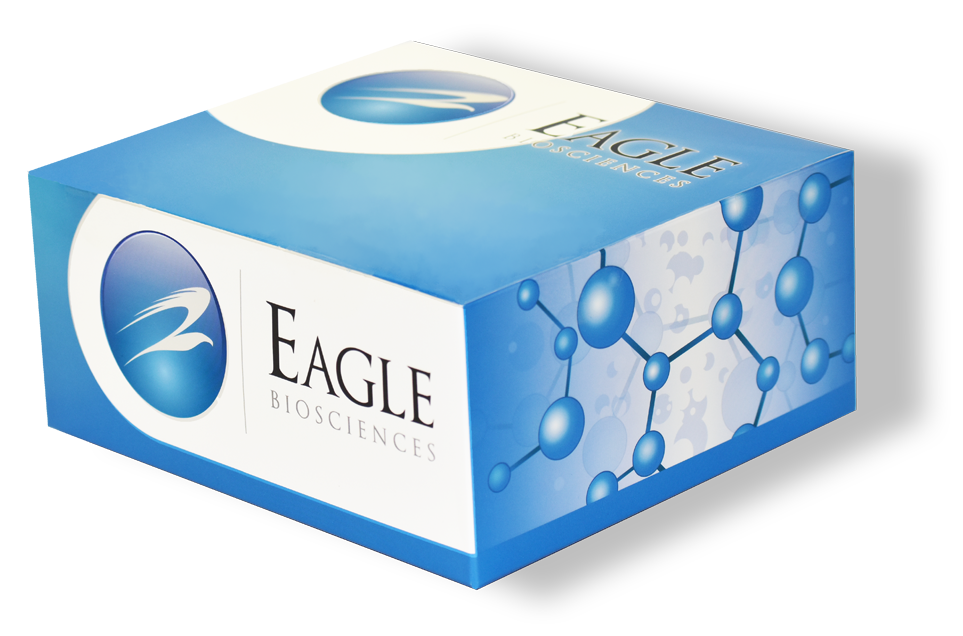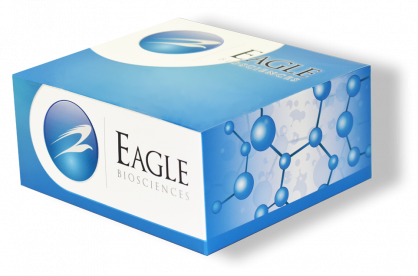Coronavirus COVID-19 IgG ELISA Assay
Coronavirus COVID-19 IgG ELISA Assay was developed and manufactured in the US
Size: 1×96 wells
Sensitivity: Cut-off control
Incubation Time: 1.5 Hours
Sample Type: Serum
Species Sample: Human
Sample Size: 10 µL
Alternative Names: Serology, Coronavirus, COVID-19, Serological
RUO, CE Marked
Controls Included
Cross Reactivity
Panels were studied with a minimum of five confirmed disease state samples with this serology ELISA assay. No interference was observed for the following disease or infectious agents:
- Anti-influenza A
- Anti-influenza B
- Hepatitis C (HCV)
- Antinuclear Antibodies (ANA)
- Respiratory Syncytial (RSV)
Assay Principle
The COVID-19 IgG ELISA Assay is designed, developed, and produced for the qualitative measurement of the COVID-19 IgG antibody in serum samples (serology). This serological assay utilizes the microplate based enzyme immunoassay technique.
Assay controls and samples are added to the microtiter wells of a microplate that was coated with the COVID-19 peptide antigen nucleocapsid protein. After the first incubation period, the unbound protein matrix is removed with a subsequent washing step. A horseradish peroxidase labeled COVID-19 IgG tracer antibody is added to each well. After an incubation period, an immunocomplex of ” COVID-19 polypeptide antigen – new coronavirus IgG antibody HRP labeled COVID-19 IgG tracer antibody ” is formed if there is coronavirus IgG antibody present in the tested materials. The unbound tracer antibody is removed by the subsequent washing step. HRP labeled tracer antibody bound to the well is then incubated with a substrate solution in a timed reaction and then measured in spectrophotometric microplate reader. The enzymatic activity of the tracer antibody bound to the coronavirus IgG on the wall of the microtiter well is proportional to the amount of the coronavirus IgG antibody level in the tested materials.


